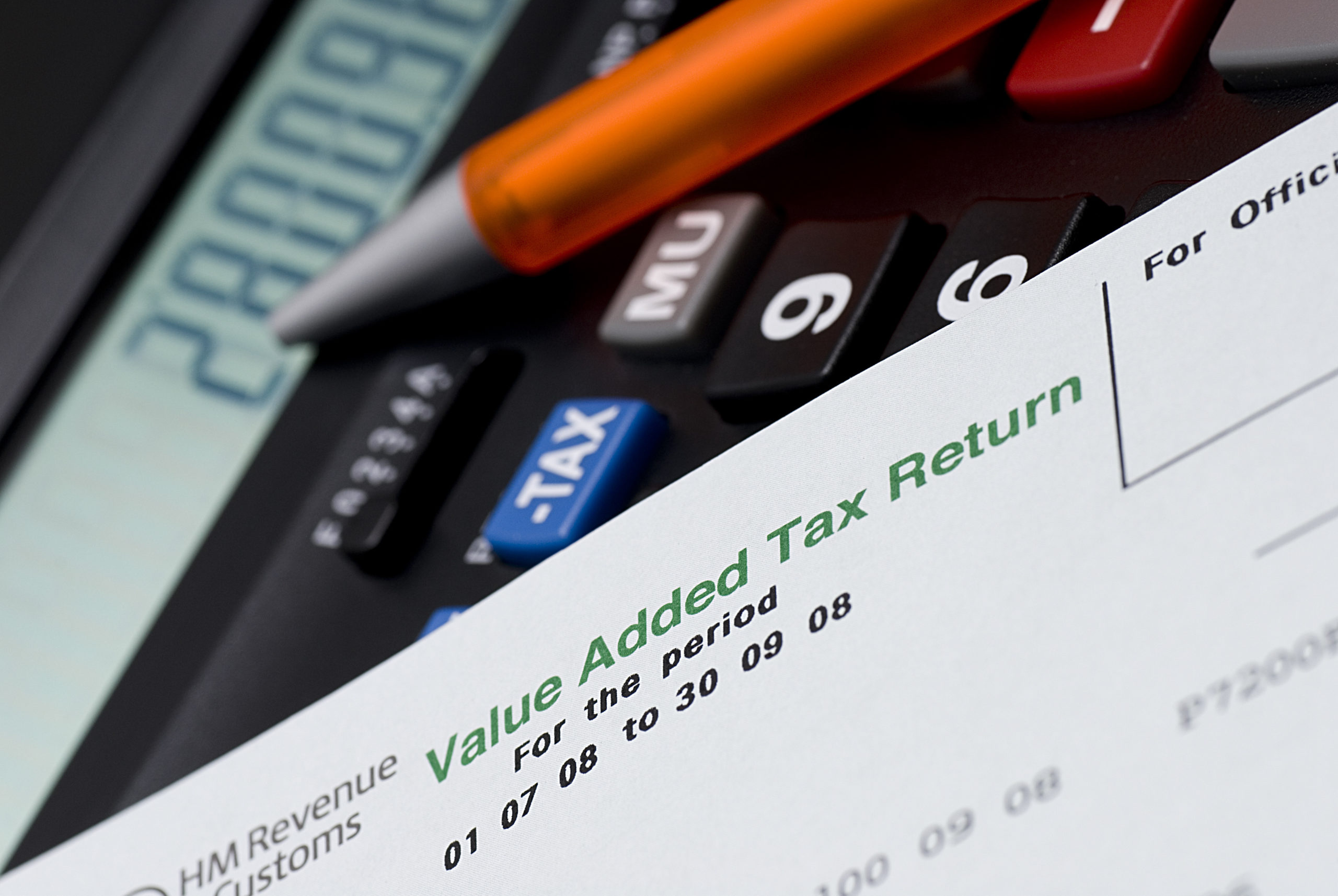***UPDATE*** The Government has delayed implementation of reverse charge VAT for construction until October 2020
Original article:
Companies in the construction sector need to be aware of changes which are being introduced on 1st October 2019. These changes will affect any VAT-registered construction business that:
- Buys in construction services from other builders and makes an onward supply of those services to another customer
- Sells construction services to other builders where the builders make an onward supply of the services to their customer
What is changing in construction VAT?
In short, the changes are designed to reduce the amount of VAT ‘cashflow’ between building companies within a project chain, so the only person being charged VAT is the end user or the ultimate client.
Under current rules, a builder charges VAT to their customer, collects the VAT from the customer and accounts for it in the relevant box on their VAT return. This is changing for supplies between VAT-registered builders. Under the new rules, the builder will invoice their ‘builder customer’ without charging VAT and the ‘builder customer’ will instead make the entry on their VAT return. This is known in VAT speak as a “reverse charge” procedure and is already used in a number of other circumstances/sectors.
Reason for change to VAT in construction
HMRC has identified that building supply chains have been prone to VAT fraud. The new procedures aim to prevent this from happening because the supplier is never paid VAT in the first place.
Which sales are caught by the new VAT rules?
The new reverse charge procedures will apply to the following transactions:
- The legislation refers to “specified services” but these do not apply to services supplied to non-construction businesses, such as a retailer having their premises improved or any other end-user customer or building owner;
- The reverse charge will also apply to any goods supplied by the builder as part of their work;
- Employment businesses are excluded from the new rules;
- The reverse charge is based on the rate of VAT that applies for the work in question but only supplies subject to either 5% or 20% VAT. Zero-rated sales are excluded.
Penalties issued by HMRC for errors in VAT returns
HMRC has confirmed that penalties will not be charged for mistakes with the new procedures up until 31 March 2020, the exception being if “you are deliberately taking advantage of the measure by not accounting for it correctly.”
What to do next?
There will undoubtedly be a steep learning curve with the new legislation and a fair degree of additional calculation to manage when submitting your VAT returns. Like most new VAT simplifications, this one is quite complex because there are numerous exceptions to the rule and so each transaction, the end user and the method of supply will need to be taken into account when calculating whether VAT is chargeable or not.
We are in the process of writing to all our existing clients we know to be affected by this change explaining how we will be able to support them with the new legislation. However, if you are not an existing client of Evans Weir or you feel this new legislation is the right point to outsource your accounting, please do not hesitate to contact us.
